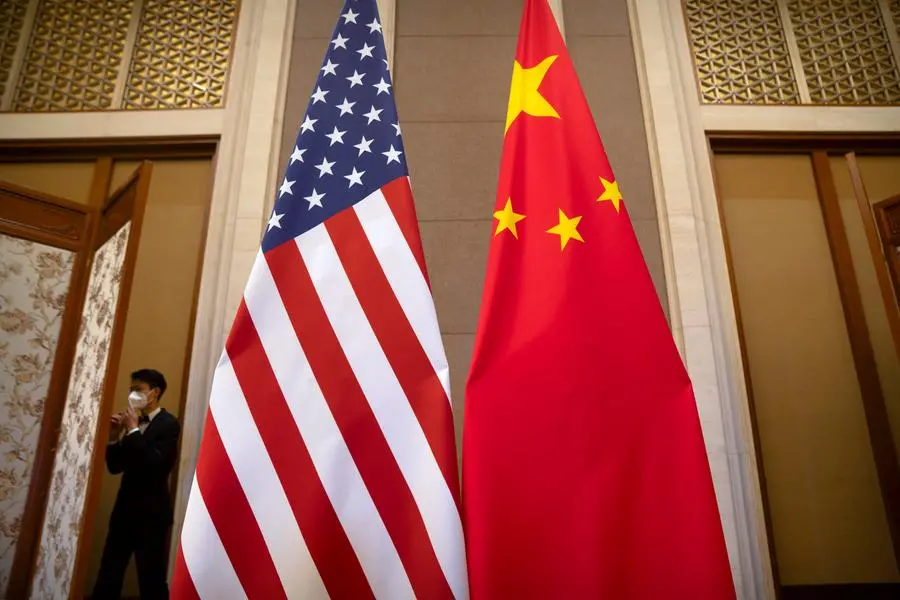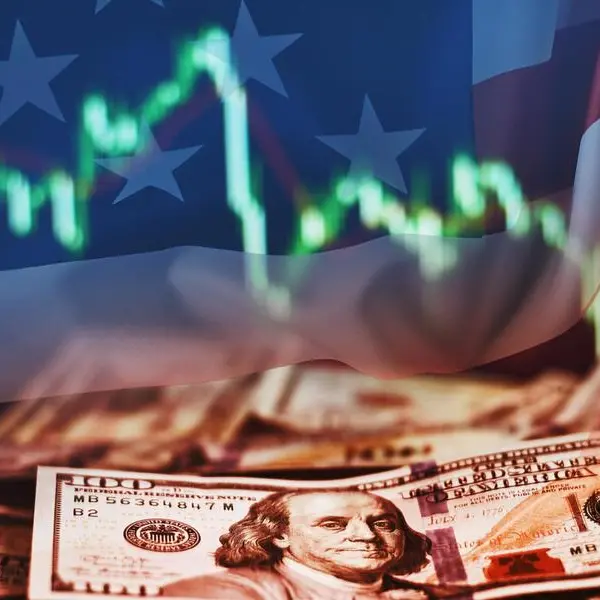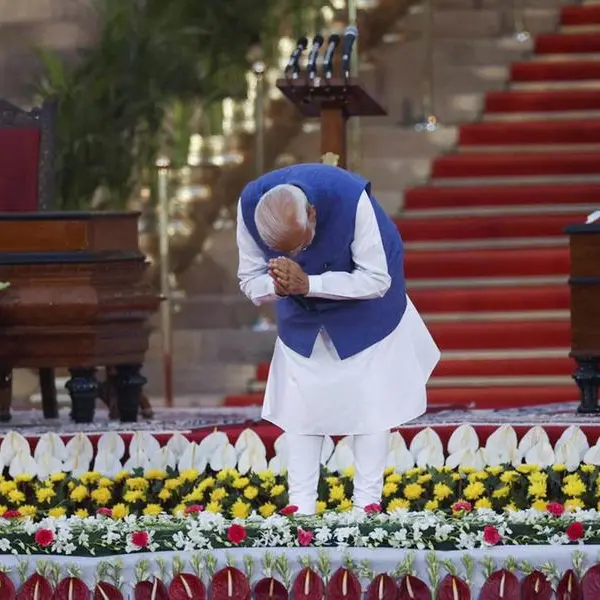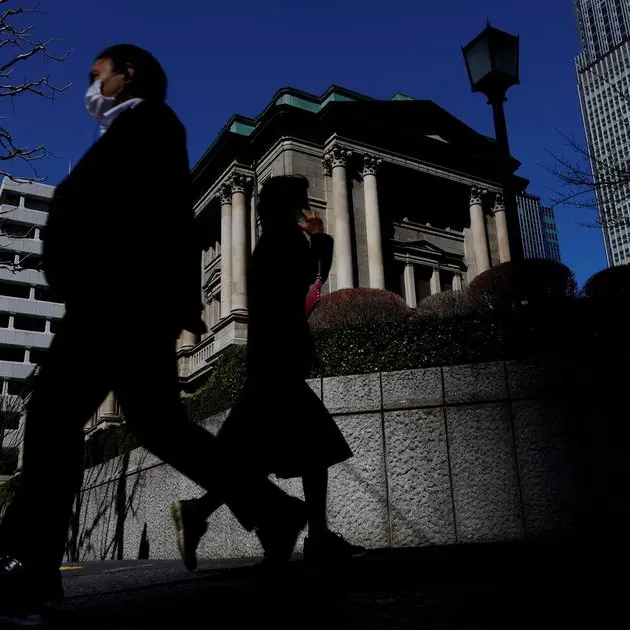PHOTO
SHANGHAI - Higher U.S. tariffs on medical gloves, syringes and face masks from China are unlikely to make U.S. producers more competitive, as other low-cost suppliers are expected to rush in to fill the gap, industry executives said.
Earlier this month, Washington announced steep tariff hikes on an array of Chinese imports including medical goods as part of a broader strategy to fuel domestic production and safeguard against supply shortages seen during the COVID-19 pandemic.
But industry executives argue tariffs are unlikely to boost the competitiveness of local producers, as Chinese firms could reroute shipments via overseas supply chains, and suppliers from other countries such as Malaysia could seize this opportunity.
"I always said no matter what we do with tariffs, the Chinese will find a way around it ... It's not the silver bullet we need," said Dan Izhaky, president of the American Medical Manufacturers Association.
Izhaky, who has a factory under construction in Baltimore to produce medical-grade gloves, also said U.S. producers need immediate help, not two years from now. The tariffs on gloves are set to go into force in 2026, while the proposed duties on masks and syringes will take effect in August this year.
The U.S. imported nearly $640 million in face masks, syringes and gloves from China in 2023, according to figures from the U.S. International Trade Commission.
The U.S. Trade Representative's office said last week that it would seek public comments on the effects of the proposed tariff increases and on whether a 25% duty on medical masks and gloves as well as a 50% tariff on syringes should be higher.
Eddie Phanichkul, co-founder of Lutema USA that opened a mask factory during the pandemic in San Diego, said that imposing a 25% tariff on masks only "sends a message".
"At the end of the day, they're selling for a penny, and we are manufacturing for 5 to 10 cents. It's hard to compete with that," Phanichkul added.
'BUY AMERICAN'
In 2023, China was the biggest exporter of medical-grade masks by volume, with an average selling price of $4.14 per kg, lower than rival exporter Malaysia's $5.5 selling price, according to U.N. trade data.
To sustain its business, "China might shift its focus to Asian or European countries", said Chelsea Chew, an analyst at Apex Securities, who sees no immediate impact for glove makers in China and Malaysia until late 2025 or early 2026.
China's foreign minister has said the U.S. move to hike tariffs shows that some in the United States may be "losing their minds" and that instead of hindering China's development, it would inspire its 1.4 billion citizens to work harder.
China's New Pentastar Medical Products is considering using suppliers that produce outside of China and lowering product prices, Managing Director Owen Luo said. Its exports to the U.S. include syringes and it works with about 500 manufacturers across several countries including Malaysia and Thailand.
Meanwhile, Malaysia's Top Glove, the world's largest medical glove maker, expects the U.S. tariffs to boost the prices of domestically produced gloves that have dropped below production costs due to competition from China.
"This presents an opportunity for us to regain market share previously lost to ... Chinese competitors during the price war in 2022," Top Glove said, adding it would have to prepare to restart more production lines to meet an increase in demand.
Malaysia, the world's largest exporter of medical-grade gloves by value, exported $1.89 billion worth of masks in 2023, followed by China with $1.1 billion, U.N. trade data shows.
Worried about intensifying competition, some U.S. producers say the most promising avenue for them would be Washington's intervention on the demand side.
One of President Joe Biden's first acts in office was an executive order directing federal agencies to increase purchases of U.S.-made goods and establishing a Made in America office to direct that process.
However, that office also set up a system for buyers to seek exemptions to this and U.S. PPE manufacturers argue that this continues to cut them out of lucrative government contracts.
"There are rules in place to buy American, they just need to enforce it," said Thomas Allen, a managing partner in Altor Safety, a mask maker in Valley Cottage, New York.
(Reporting by Andrew Silver in Shanghai, Timothy Aeppel in New York and Rozanna Latiff in Kuala Lumpur, additional reporting by Danial Azhar in Kuala Lumpur; Editing by Miyoung Kim and Himani Sarkar)





















